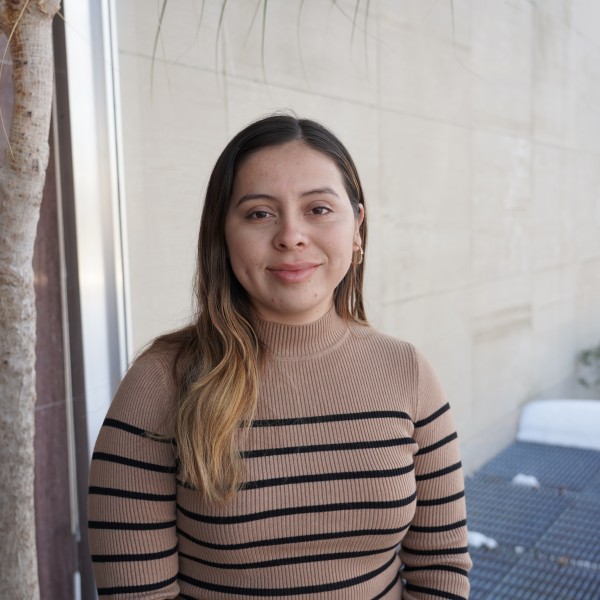Academic focus: Artificial intelligence (AI), automation and robotics in agriculture
Research summary: My research program focuses on innovating AI, machine learning and robotics solutions for agricultural applications, aiming to reduce resource utilization – including labor, water and fertilizer – while enhancing worker health and safety, and improving produce yield and quality. While investigating these solutions, I emphasize farm scale- and system-invariant technologies, such as small modular robots and mobile-device-based approaches, to benefit farmers worldwide. Key research areas include robotic apple harvesting, robotic crop pollination, AI-enabled modeling for selective pruning and thinning in fruit orchards, remote and proximal sensing for crop stress assessment (e.g., nutrient and water), and connected cyber-physical systems for efficient crop management. The technologies developed are expected to enable and help sustain large-scale commercial farming as well as urban agriculture and subsistence farming globally.
What do you like to do when you’re not working?
I enjoy hiking with my family, reading, listening to music and singing folk songs from the hills and mountains of Nepal. I also enjoy playing sports, such as badminton and volleyball.
What are your current outreach/extension projects?
My team regularly interacts with growers and commodity groups to better understand the specific needs of the farming industries. These insights help shape my research program. Additionally, I showcase AI and robotic solutions developed in my program to a diverse range of stakeholders, including farmers, technology company leaders and engineers, researchers, government agency leaders, and policymakers. These demonstrations aim to share our research findings, highlight their benefits to end users, and gather feedback to enhance our work, ultimately driving a broader impact in the farming industry. We also place a strong emphasis on engaging K-12 students with the robotic technologies developed in our program. Through school visits, student-focused events and lab invitations, we aim to inspire the next generation to remain interested and involved in this vital industry, whether as students, scholars, researchers or practitioners.
What are three adjectives people might use to describe you?
Kind, friendly, collaborative
What brought you to Cornell CALS?
The unmatched research strength and expertise, highly collaborative environment, and exceptional research and educational resources at Cornell were the key factors that motivated me to join. There is no better place than Cornell’s Biological and Environmental Engineering program to advance AI and robotics solutions for the farms of the future.
What do you think is important for people to understand about your field?
Crucial farming resources, such as labor, land, water and minerals (fertilizers), are diminishing while the demand for food, fuel and fiber is ever increasing. Developing precision and automated farming solutions, enabled by AI and robotic technologies, is important and timely to address these challenges. Meanwhile, advanced AI and robotic solutions will improve the working environment for farmers and farmworkers, minimizing the health and safety issues they currently face.
Why did you feel inspired to pursue a career in this field?
As a kid, I worked in farms doing a lot of manual work that was hard, intensive and inefficient. In college, I learned a bit about how things could be automated, which inspired me to apply AI and robotics to develop farm robots that can help farmers like my family in the eastern hills of Nepal and around the world.
If you had unlimited grant funding, what major problem in your field would you want to solve?
Advance AI and robotic solutions to have human level or better performances in complex agricultural tasks, such as fruit picking, crop pollination and input management, while keeping the system cost and complexity to a practically applicable level.
If you could relate your work to one of the four transdisciplinary moonshots, which one would you most closely align with and why? They are: Redesigning 21st Century Agri-Food Systems; Accelerating Holistic Climate Solutions; Leading in Synthetic Biology; and Pioneering Life Science Breakthroughs.
My work is directly related to Redesigning 21st Century Agri-Food systems as I am investigating and innovating models, tools, technologies and systems that will enable farming to be the more precise, diverse and resilient, thus helping meet global demand for nutritious food while ensuring environmental stewardship.
Learn more about Manoj from his CALS profile and lab website.







